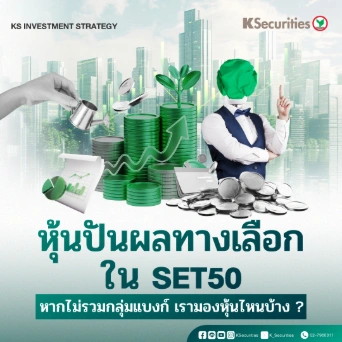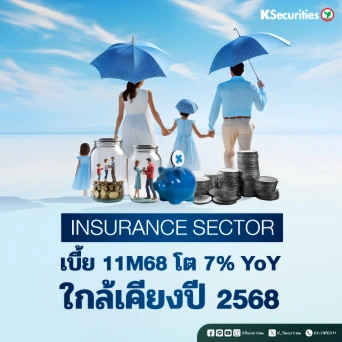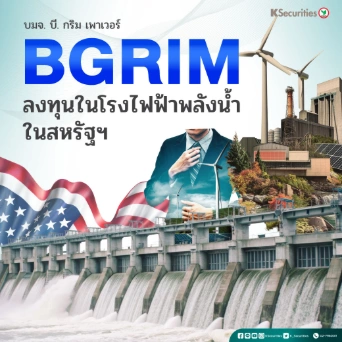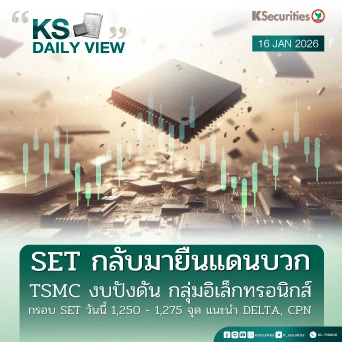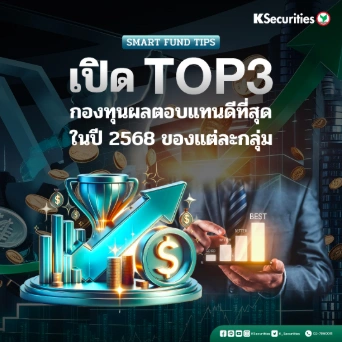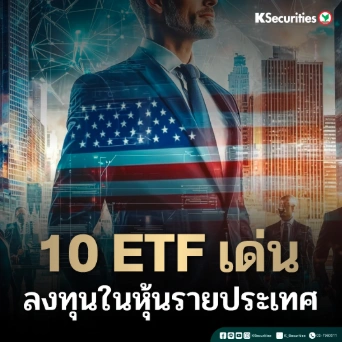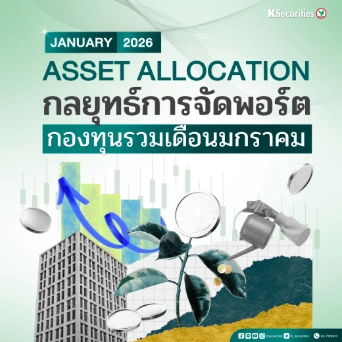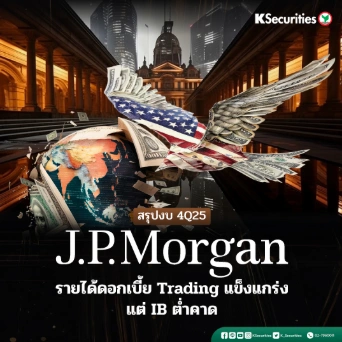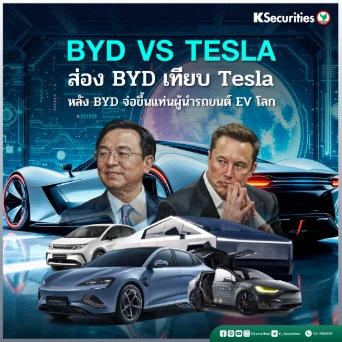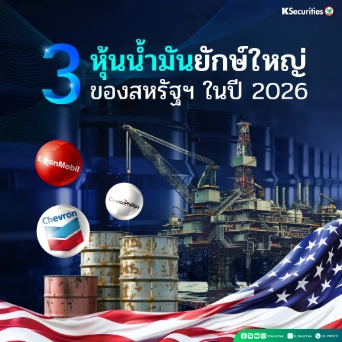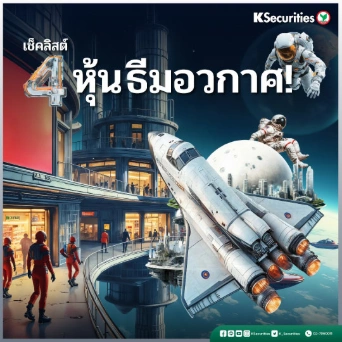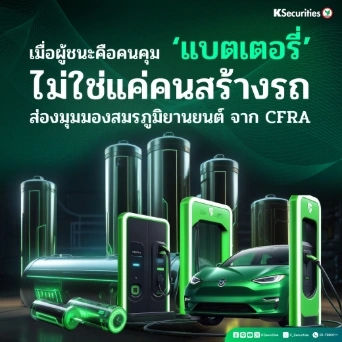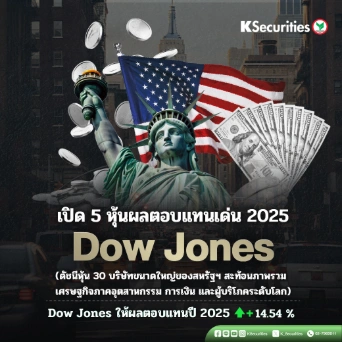Market Risk
Arises from changes in market conditions that may affect the price of securities in the respective market.
Likelihood of risk occurrence – Depends on various factors such as economic conditions, social and political situations, and money and capital market conditions.
Potential impact – Changes in these factors may cause the price of securities in which the fund invests to decline, resulting in a decrease in the fund’s net asset value (NAV).
Risk management approach – The company diversifies securities allocation appropriately to control the overall risk level of the fund in line with the investment policy, balancing it with expected returns. The company also continuously monitors and analyzes economic, political, and market conditions that may affect the fund’s investments.
Business Risk
Arises from changes in the profitability of the security issuer.
Likelihood of risk occurrence – Depends on factors such as business type, revenue structure, expenses, industry-specific factors, or the issuer’s internal operations.
Potential impact – Changes in these factors may cause the price of securities in which the fund invests to decline, resulting in a decrease in the fund’s NAV.
Risk management approach – The fund will select securities through thorough analysis of various factors and continuously monitor investment conditions that may affect the issuer’s business operations and financial position.
Liquidity Risk
Arises when invested securities lack liquidity and cannot be sold at the desired price or within the desired timeframe.
Likelihood of risk occurrence – Depends on the liquidity of the securities invested by the fund, market trading conditions, or unforeseen events that may lead to suspension of trading on the exchange.
Potential impact – The fund may be unable to sell securities at fair value within the required timeframe, which may result in delays in redeeming investment units beyond the period specified in the prospectus.
Risk management approach – The company considers investments only in securities of companies with sound fundamentals, diversifies risk, and avoids investing excessively in any single security or industry. This helps mitigate liquidity risks in the fund’s investments.
Credit Risk
Arises when invested securities are unable to meet debt obligations (principal or interest), causing losses to security holders. However, the fund primarily invests in equities, which are not directly impacted by debt defaults, whether Default or Cross default.
Likelihood of risk occurrence – May arise from external factors such as economic crises, government policies, pandemics, natural disasters, technological disruption, or changing consumer behavior. Internal factors may include excessive leverage, poor business management, accounting manipulation, or legal disputes.
Potential impact – Debt default or cross-default events negatively affect investor confidence, causing a decline in security prices. In some cases, the exchange may impose a “SP” (suspension) sign until the issuer rectifies the default situation.
Risk management approach – The fund sets credit-related financial ratio criteria in its security selection process (universe creation) and investment decision-making. It also closely monitors quarterly financial performance of issuers.

 ภาษาไทย
ภาษาไทย
 English
English











